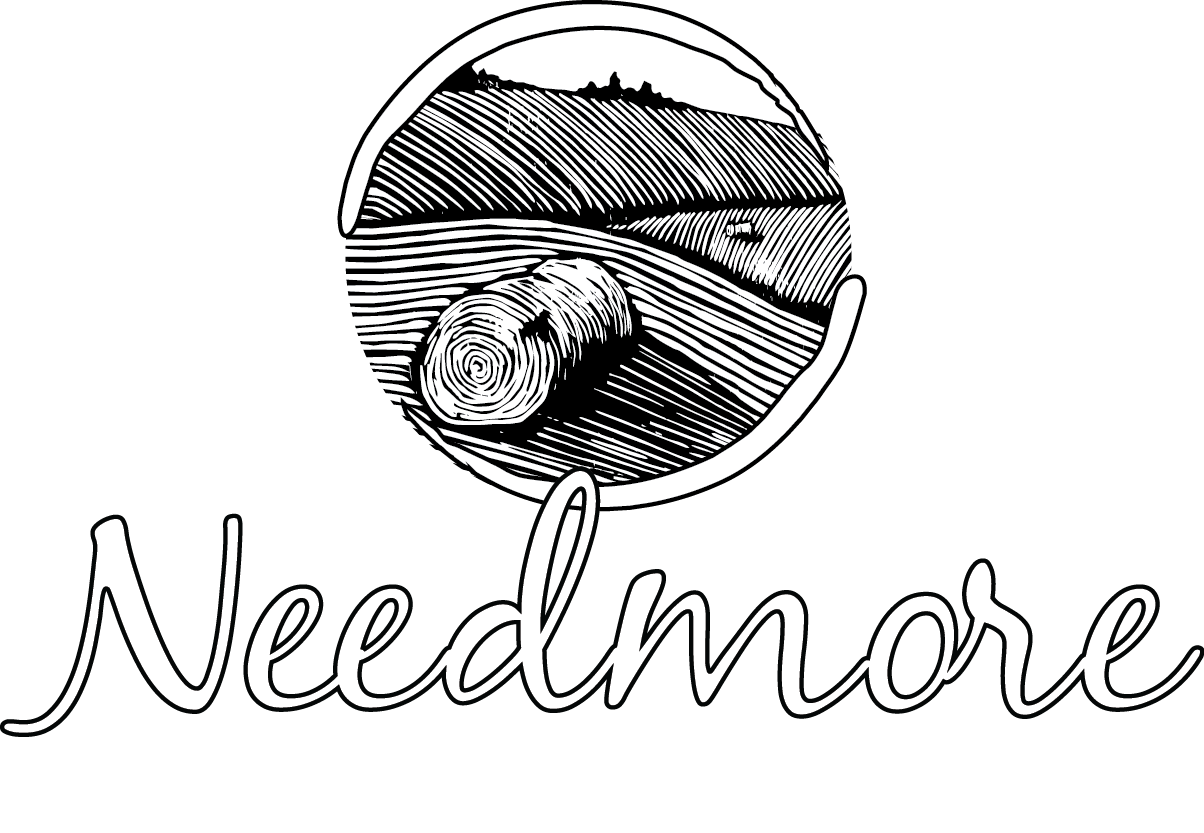I had never heard of any small batch coffee roasters until I got my first job out of college at a farm-to-table restaurant, famous for sourcing high-quality local ingredients. I grew up believing that mass-produced coffee, purchased from a chain supermarket, was the only option for appeasing my caffeine cravings. Then, my first day on the job the bartender handed me a steaming cup of locally-roasted coffee. It tasted rich, like dark chocolate, and sweet with a fruity finish that lingered on my tongue. Needless to say that once I had experienced the complex flavor of small-batch coffee, I could no longer tolerate the burnt tasting beans that my family was accustomed to.
So, what is it about small-batch roasting that produces such a superior cup of coffee? First of all, small-batch roasting starts with conscientious sourcing. Roasters like Needmore Coffee work with family farms to source their beans so that they can ensure that their practices not only produce a great-tasting cup of coffee but are kind to the environment as well.
Secondly, roasting in small batches ensures a more consistent roast. Because fewer beans are roasted at one time, the roastmaster can ensure that each bean is roasted evenly. While air roasters are used by some industrial coffee roasters, most small batch roasters favor the more traditional method of drum roasting to improve the flavor of their beans. Drum roasters offer a slower, more gentle roasting process which allows roastmasters to more closely monitor the appearance and aroma of the beans during the roasting process.
Thirdly, small-batch roasting means that beans are able to be enjoyed at their peak freshness: Coffee beans go stale incredibly quickly. According to the National Coffee Association USA, coffee beans begin to lose freshness immediately after roasting. Drinking stale coffee is a bit like biting into a loaf of stale bread: not delicious. When beans go stale, your once perfectly syrupy espresso shot transforms into an under-extracted watery mess. For this reason, it is best to buy only enough beans for one to two weeks at a time. The same logic applies to roasting; if a roaster truly cares about the quality of their product, they roast only as many beans as can be consumed at peak-freshness.
Finally, it just feels good to buy your beans directly from a roaster. I love making the trip down to my local coffee shop to get my beans for the week because absolutely nothing can compare to the aroma of freshly-roasted beans; they even know my name!



